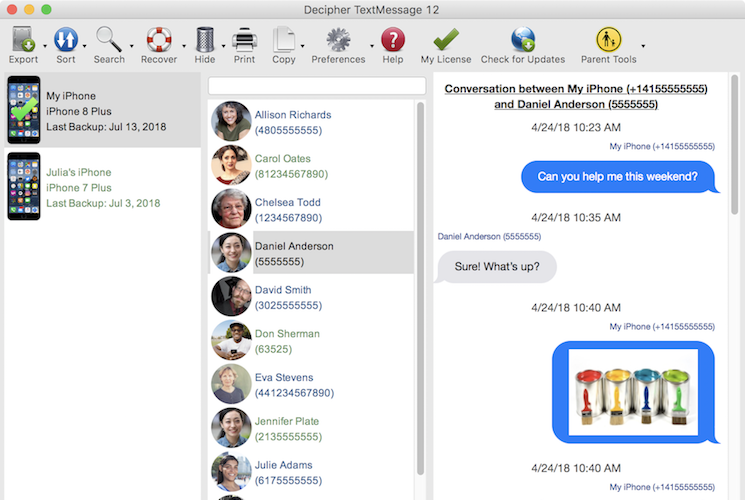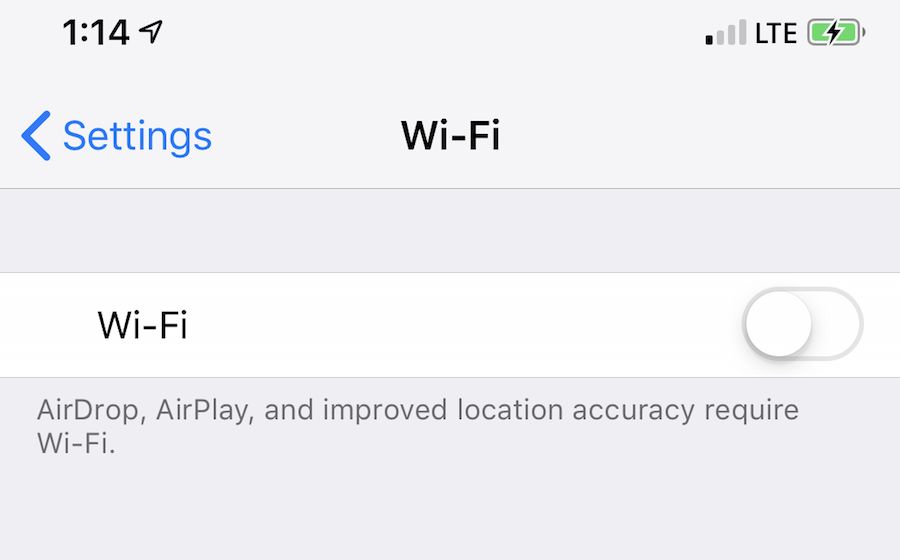

Trying to interpret a string of threatening words - which can resemble a joke, satire or song lyrics - is a far more difficult task for artificial intelligence systems.įacebook could, for instance, flag certain phrases such as “going to kill” or “going to shoot,” but without context - something AI in general has a lot of trouble with - there would be too many false positives for the company to analyze. But copied images can be detected using unique identifiers - a kind of digital signature - which makes them relatively easy for computer systems to flag. SHOULD FACEBOOK HAVE CAUGHT THE SHOOTER’S MESSAGES?įacebook parent company Meta has said it monitors people’s private messages for some kinds of harmful content, such as links to malware or images of child sexual exploitation. by active social-media users may bring more pressure on social media companies to heighten their scrutiny of online communications, even though conservative politicians - Abbott among them - are also pushing social platforms to relax their restrictions on some speech. Facebook stepped in to note that the gunman sent one-to-one direct messages, not public posts, and that they weren’t discovered until “after the terrible tragedy.” Greg Abbott revealed the online messages sent minutes before the Wednesday attack, although he called them posts, which are typically distributed to a wide audience.

Could Facebook have known about ominous direct-message threats made by a gunman who Texas authorities say massacred 19 children and two teachers at an elementary school? Could it have warned the authorities?


 0 kommentar(er)
0 kommentar(er)
